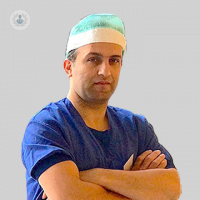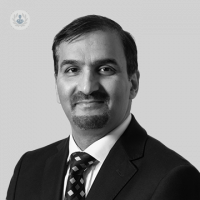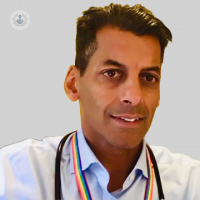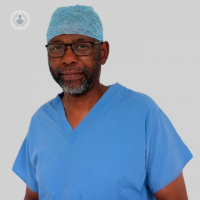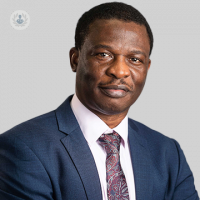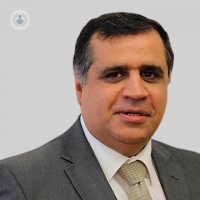What conditions does a vascular surgeon treat?
Vascular surgeons will often see patients who do not yet require surgical intervention but require advice on how to reduce their future risk of stroke and heart disease. Hence, vascular surgeons will frequently give advice to patients about weight-loss and taking up regular exercise.
The main responsibilities of vascular surgeons include:
Other conditions treated by vascular surgeons are:
Which subspecialties are included under vascular surgery?
Whilst vascular surgery has no specific subspecialties, some vascular surgeons will have areas of interest and expertise. Endovascular surgery, for example, uses minimally-invasive surgical approaches to treat vascular disease, and some vascular surgeons will use endovascular techniques. Other vascular surgeons may have a focus on aneurysms, stroke, arterial diseases of the leg, vascular diseases of the leg, or conditions such as lymphoedema.
When should you see a vascular surgeon?
You should see a vascular surgeon if you have been warned by other doctors of your vascular health (e.g. if you are overweight and a smoker). You may also see a vascular surgeon following a stroke, or if you have a leg wound near a vein that refuses to heal (i.e. leg ulcer). If you have varicose veins that are causing discomfort, you may also be referred to a vascular surgeon. Hence, if you see your GP, they may refer you to a vascular surgeon if they suspect any problems with your arterial, venous or lymphatic systems.








